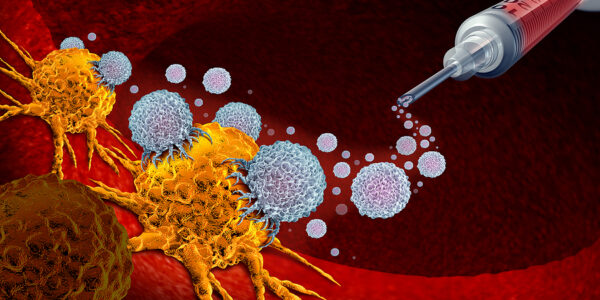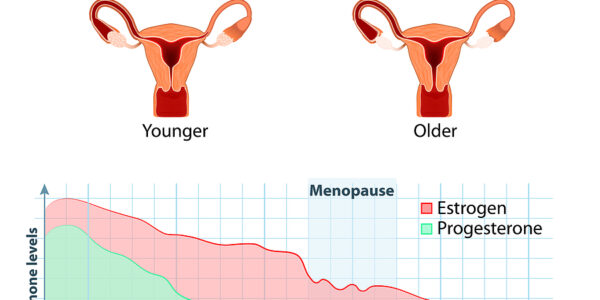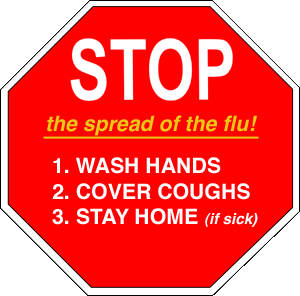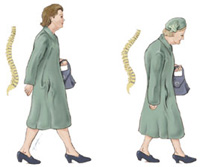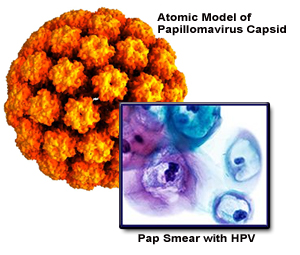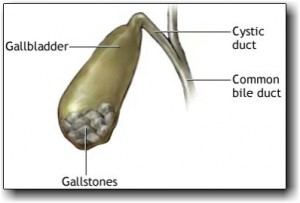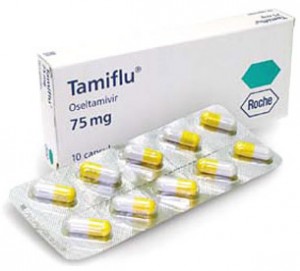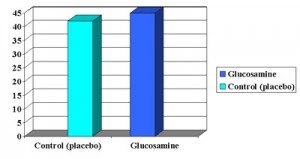Every couple of years new influenza strains seem to develop in Asia and spread thru the rest of the world. When summer comes, the flu season is forgotten and the cycle repeats itself in fall and winter.
Recently there were local outbreaks of two avian influenza strains that according to the name should only affect birds (the “asian bird flu”). Based on research from these two bird flu experiences there seems to be a new way of looking at the development of human influenzas. It appears that new strains of human influenza are born in the bird population of Asia where the virus mutates into new strains. From there it spreads into human care takers (bird-to-human spread) and their contacts. Eventually the virus adapts to the human host and effective human-to-human transmission is incorporated into the DNA of the virus. Now the time is ready for a flu epidemic. It is not clear yet how long this human-to-human transmission switch takes (how many months or years). Here are more details regarding the recent two local outbreaks of asian bird flus:
1. Recently Dr. Arnold Bosman published a study in Holland. He was the health officer in charge of investigating an outbreak of influenza A, type H7N7, affecting a number of chicken farms in Holland between March and May 2003. This was the time of the SARS epidemic that caught all of the media attention at that time. About 86 poultry workers had been infected with flu like illness that caused a viral conjunctivitis of the eyes. However, one veterinarian who was in close contact with the infected birds died from respiratory distress syndrome. Using very sensitive PCR facilitated DNA test they were able to show that these infected people had all the same bird flu with the influenza strain A (type H7N7). When contacts of these people were tested a surprisingly large number, about 1000 with an estimated total of about 2000, people were also positive for antibodies to this particular more harmless strain of bird influenza.
2. The second development is regarding the recent infection of a bird flu in Vietnam that has caused many deaths. This is a much more aggressive influenza A (H5N1), which is the other bird flu that is of concern for the rest of the world. In Vietnam this bird flu type has a mortality of 76%, in other words with this new type of flu 3 out of 4 people die who get it. It all started in December of 2003 and here are the latest details about this flu type.
With the new study from Holland the concern among infection specialists is that there likely are a lot more healthy appearing people who become carriers of the disease (like the 2000 contacts in Holland). Experts feel that this type of flu presently might be in the stage of adapting to the human-to-human transmission mode (so far mostly bird-to-human transmission has taken place, which is still a barrier to mass transmission). When the virus has learnt to adapt to human-to-human transmission, there could be a flu pandemic with a new human strain of influenza A (type H5N1) that would rapidly sweep the world.
A Quebec/Canada company (ID Biomedical) is working on an influenza vaccine for the H5N1 virus, in preparation for a possible pandemic. The demand will be so great when a pandemic would happen, that the company is thinking of stockpiling this vaccine so that it would be available when bad news should strike.
In the meantime antiviral antibiotics such as Tamiflu (=oseltamivir) at a dose of 75 mg twice per day for 5 days started within the first two days of the flu aborts the flu effectively according to the experts. Unfortunately this antiviral antibiotic directed against the N1 component of the virus is expensive.
More background information about the flu (medically termed “influenza”): http://nethealthbook.com/infectious-disease/respiratory-infections/flu/
Reference: The Medical Post, Jan. 18, 2005, P. 2 and 56
Last edited October 27, 2014
